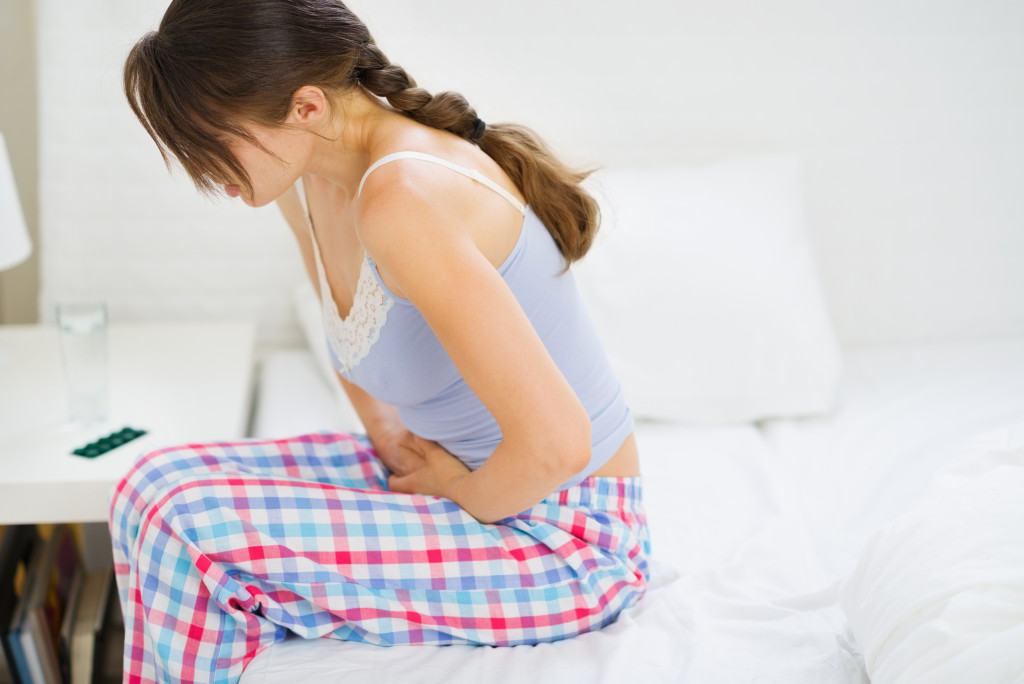PCOS, or Polycystic Ovary Syndrome, is a problematic disorder that affects women worldwide. PCOS can cause missed or irregular periods, fertility problems, weight gain, acne, and other symptoms. It’s estimated that about 5 million American women have PCOS. If you have PCOS, find out what you can do about it here.
What is PCOS?
PCOS stands for Polycystic Ovary Syndrome, and the symptoms can vary from woman to woman. Still, the most common symptoms include irregular periods, fertility problems, weight gain, acne, and excess hair growth on the face and body. The reasons behind PCOS are unknown. Some attribute it to genetics or the imbalance of hormones in the body. The environment might also play a role in causing PCOS, in which foods high in sugar or chemicals can cause the body to react badly.
How Does PCOS Affect the Body?
PCOS can cause a variety of different symptoms depending on the individual woman. Here are some of the most common ways PCOS can affect your body:
Irregular Periods
Irregular periods are a common symptom of PCOS. For some women, their periods may stop completely. For others, their periods may be more frequent or less frequent than normal. Additionally, blood loss during your period may be heavier or lighter than normal. If you are experiencing irregular periods, talk to your doctor about it. There may be a simple explanation, such as anemia, that medical professionals can treat. However, if you have PCOS, there is a good chance that your irregular periods are due to the hormone imbalance caused by the syndrome.
Androgen Imbalance
Another common symptom of PCOS is an imbalance of testosterone and estrogen hormones. This imbalance increases androgen production, which can cause physical changes such as excessive hair growth on the face and body, weight gain, and acne. In severe cases, it can also lead to baldness.
The elevated levels of testosterone can also interfere with ovulation, which can make it difficult for women with PCOS to conceive. Studies have shown that up to 80% of women with PCOS have difficulty getting pregnant.
Weight Gain
Weight gain is another common symptom of PCOS. This is often due to insulin resistance, leading to type 2 diabetes.
Obesity can also exacerbate the symptoms of PCOS, increasing the risk of infertility and other complications. It is important for women with PCOS to maintain a healthy weight through regular exercise and careful dieting.
Acne
Acne is another common symptom of PCOS. It can range from mild to severe, and in some cases, the acne may become infected or even turn into a cyst. The best way to manage acne caused by PCOS is through a combination of diet, exercise, and proper skin care. You can also use skincare products to control your acne caused by PCOS. One good product is a robust pimple patch sticker. It works by absorbing the excess oil and removing impurities from your skin. This sticker will also help reduce the redness and swelling of pimples, allowing them to heal more quickly.
Treatments For PCOS
There is no cure for PCOS, but there are treatments available to help manage the symptoms. Treatment options include:
Birth Control Pills
Hormonal birth control pills can help regulate periods and reduce androgen levels. They can also help clear acne and protect against endometrial cancer, which is another common symptom associated with PCOS.

Anti-Androgens
These drugs work by blocking the effects of androgens, such as testosterone. Androgens are responsible for many of the physical symptoms associated with PCOS, such as excess hair growth and acne breakouts. Anti-androgens can also help regulate periods and improve fertility in women with PCOS.
Insulin Sensitizers
These drugs help sensitive your body tissue to insulin so that sugar can be used for energy instead of building up in your bloodstream. Insulin sensitizers can help regulate periods, reduce androgen levels, and improve fertility in women with PCOS.
Diet and Exercise
A healthy diet and regular exercise can help manage insulin levels and reduce the risk of heart disease, which is another common symptom associated with PCOS.
PCOS affects millions of women in the United States. Although the exact cause of PCOS is unknown, it’s believed to be related to insulin resistance and abnormal hormone levels. It’s important for women who think they might have any symptoms associated with PCOS to contact their OBGYN for further evaluation because, if left untreated, PCOS can lead to serious health complications such as type 2 diabetes and heart disease. With treatment, women with PCOS can manage the symptoms and live healthy and successful life.


